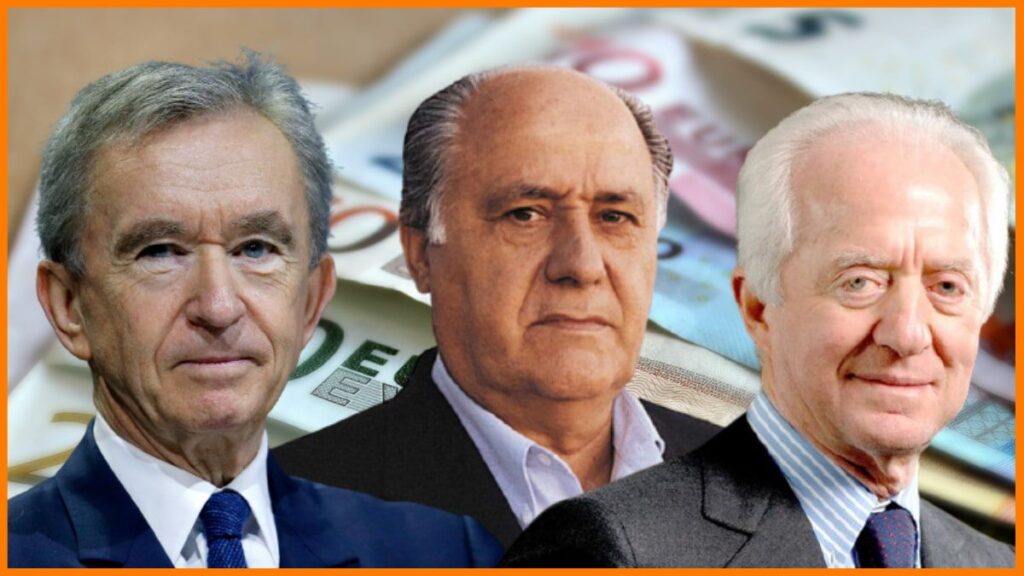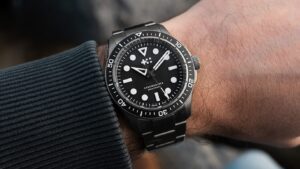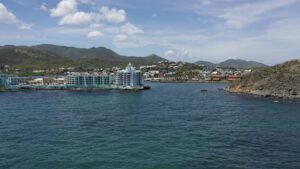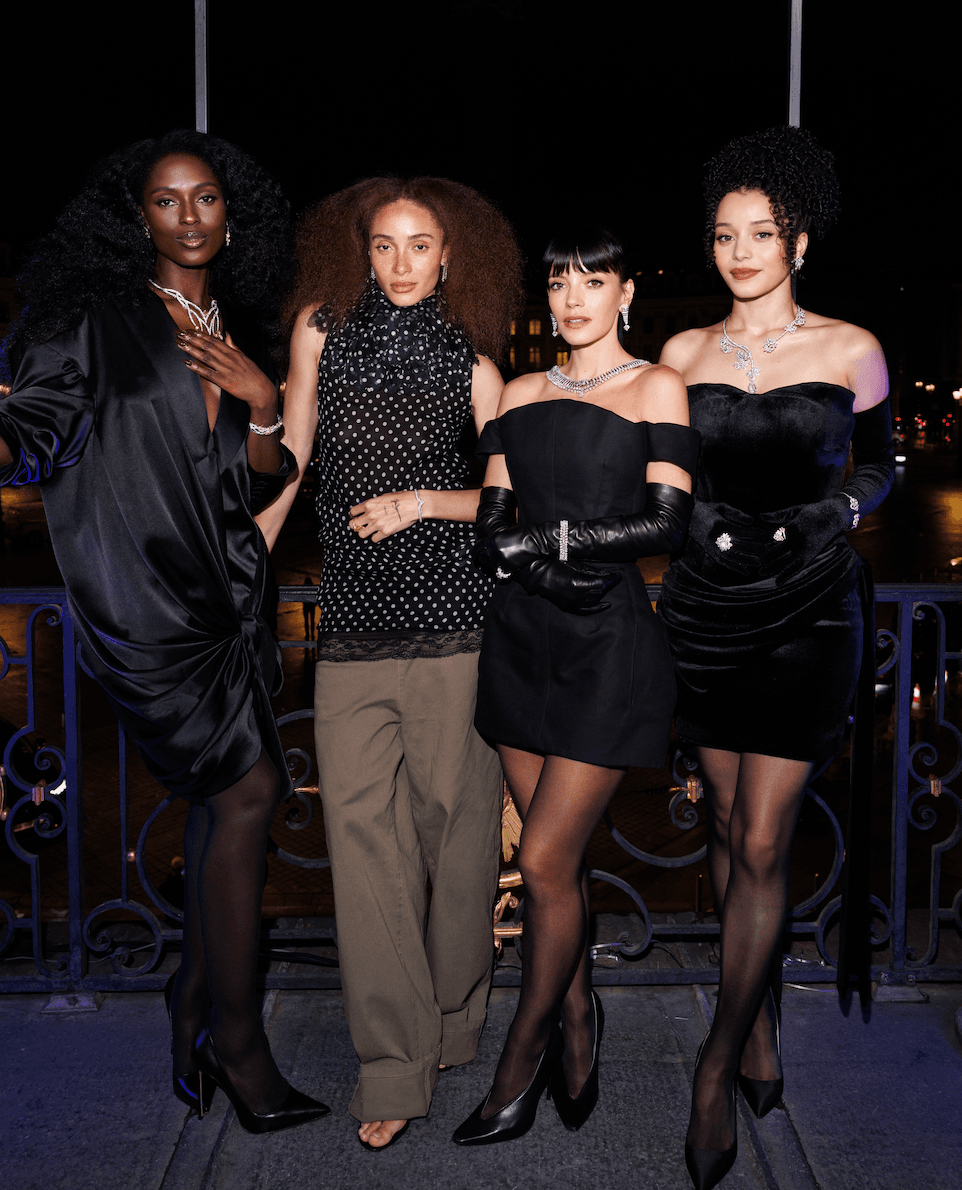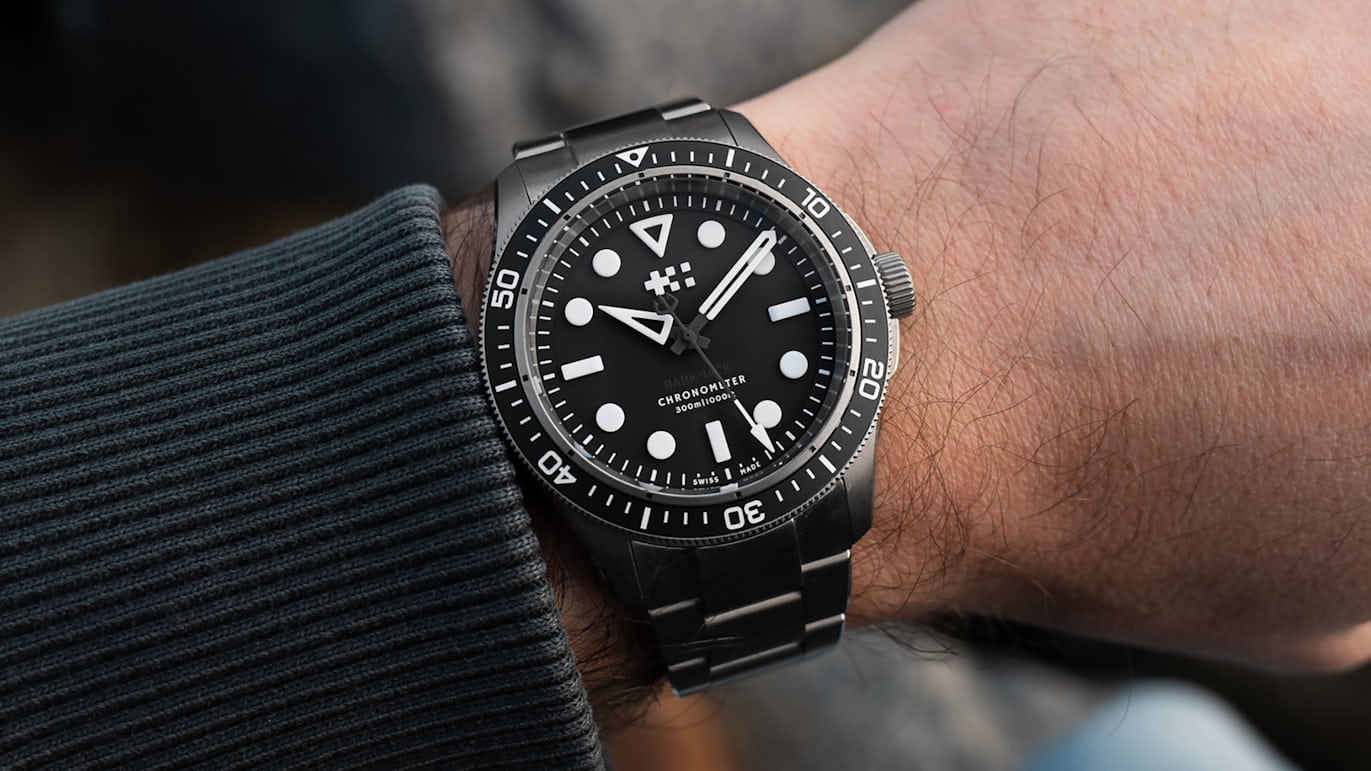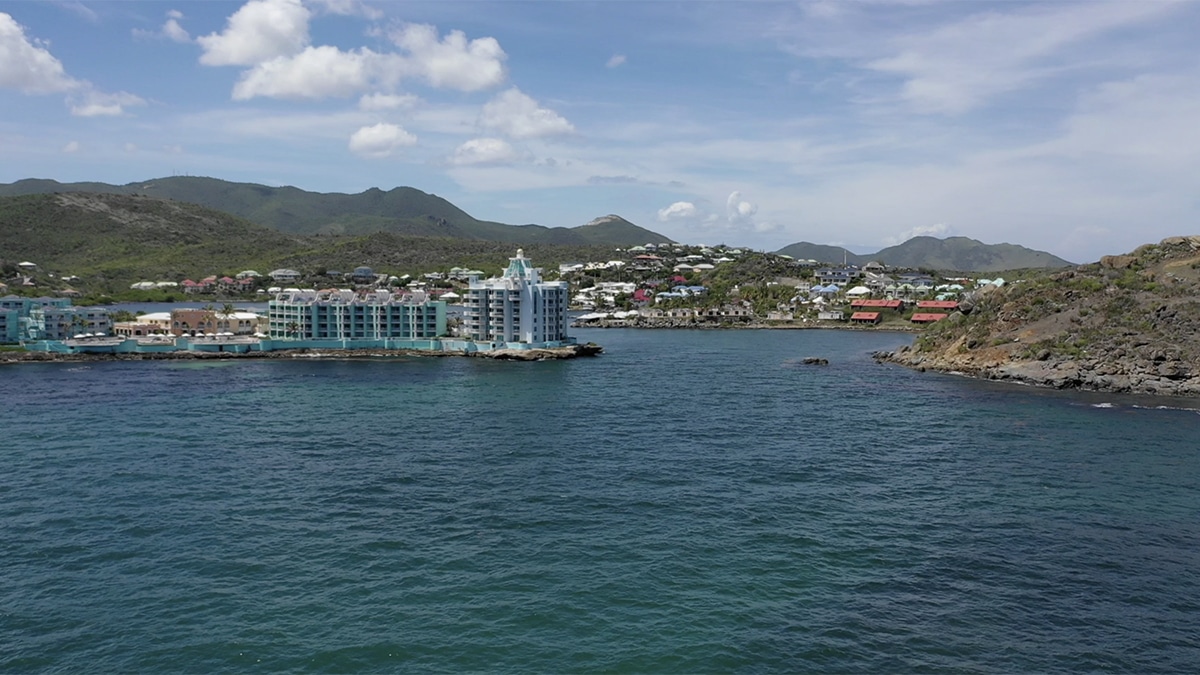In a society where money is often associated with power, influence, and position, there is an elite circle whose financial skill goes beyond the ordinary, leaving a lasting legacy that will be passed down through generations. This article digs into the lavish lifestyles of Europe’s richest people, highlighting not only their vast fortunes but also the timeless investments and luxury symbols that characterize their existence. These billionaires are not just industrial giants but also cultural, artistic, and heritage curators, exemplifying what it means to live in luxury.
Europe, a continent rich in history and culture, provides the ideal setting for these millionaires’ extravagant lives. From owning some of the most luxurious supercars, such as Ferrari and Lamborghini, to living in enormous mansions and castles, these people are the embodiment of grandeur. Their lives are entwined with the finest that Europe has to offer—fashion, art, architecture, and natural beauty—making them not just wealthy but also stewards of European heritage.
This investigation of the top ten richest people in Europe exposes more than their net worth; it also discloses the strategic choices, family legacies, and luxury goods that have made them icons in their own right. These billionaires’ assets and lifestyles provide a view into a world where riches is more than just money; it also includes power, legacy, and everlasting status symbols.
Pallonji Mistry: The Indian Construction Tycoon Becomes Irish Magnate
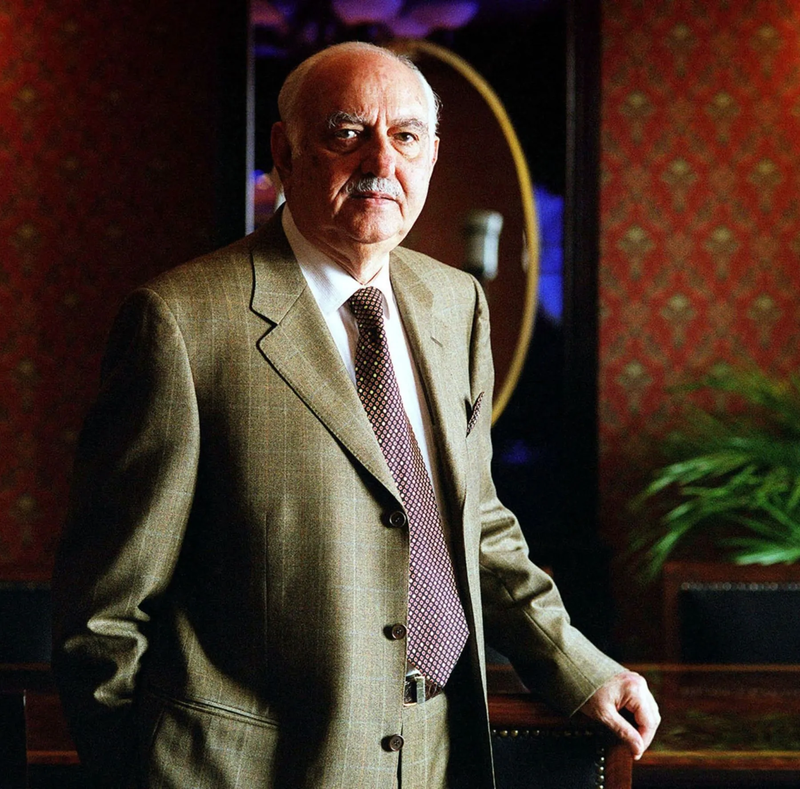
Networth: $15 billion.
Country: Ireland (formerly India).
Pallonji Mistry is a towering figure in the construction and commercial sectors. Mistry, as chairman of the Shapoorji Pallonji Group, a conglomerate with historical roots in India, has played a key role in the construction of some of the country’s most famous monuments. The corporation, founded over 150 years ago, has expanded into a variety of sectors, including real estate, engineering, textiles, and more. Pallonji’s impact goes beyond India, however. He surrendered his Indian citizenship in 2003 to become an Irish citizen, which was made feasible by his marriage to an Irish national.
Mistry’s riches aren’t limited to his commercial endeavors. He is also a key stakeholder in Tata Sons, the holding company for the Tata Group, which comprises over 100 firms with combined annual sales of more than $100 billion. His family owns 18.4% of Tata Sons, making them the biggest individual stakeholder. Despite his significant income, Mistry keeps a quiet profile. He and his wife own a 200-acre stud farm in Ireland, where they spend most of their time away from the public eye.
Leonardo Del Vecchio, The Visionary Behind Luxottica
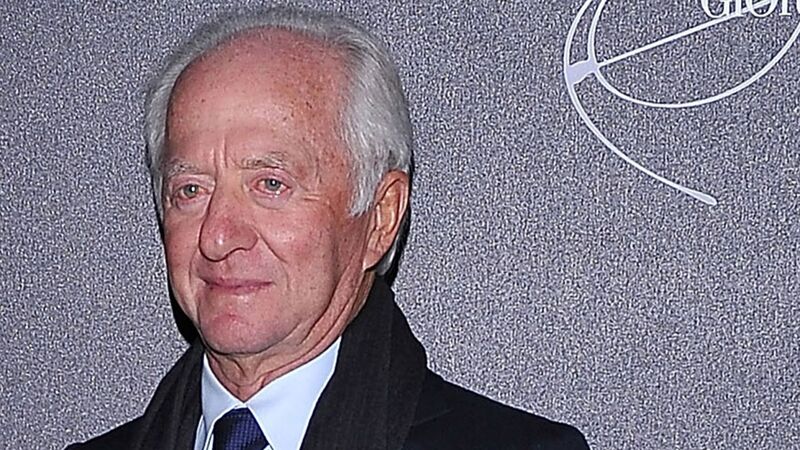
Networth: $19.8 billion.
Country: Italy.
Leonardo Del Vecchio is the creator and driving force behind Luxottica, the world’s leading eyeglasses producer. Del Vecchio, born in 1935 in Milan, Italy, had a difficult childhood, yet his business ambition drove him to found Luxottica in 1961. What began as a modest workshop in a small hamlet in Italy has evolved into a worldwide powerhouse that produces renowned brands such as Ray-Ban, Oakley, and Persol. Luxottica not only develops and produces eyeglasses, but it also controls major retail chains, including Sunglass Hut and LensCrafters.
Del Vecchio’s prosperity has allowed him to live a luxurious lifestyle. He has a Ferrari LaFerrari, one of the world’s most exotic sports vehicles, for more than $1 million. Additionally, his $40 million superyacht and $50 million Gulfstream G550 private plane represent his incredible riches and prestige. Despite his large empire, Del Vecchio is still heavily engaged in his company’s operations, ensuring that Luxottica continues to dominate the eyeglass business.
Susanne Klatten: The Powerhouse of German Industry.
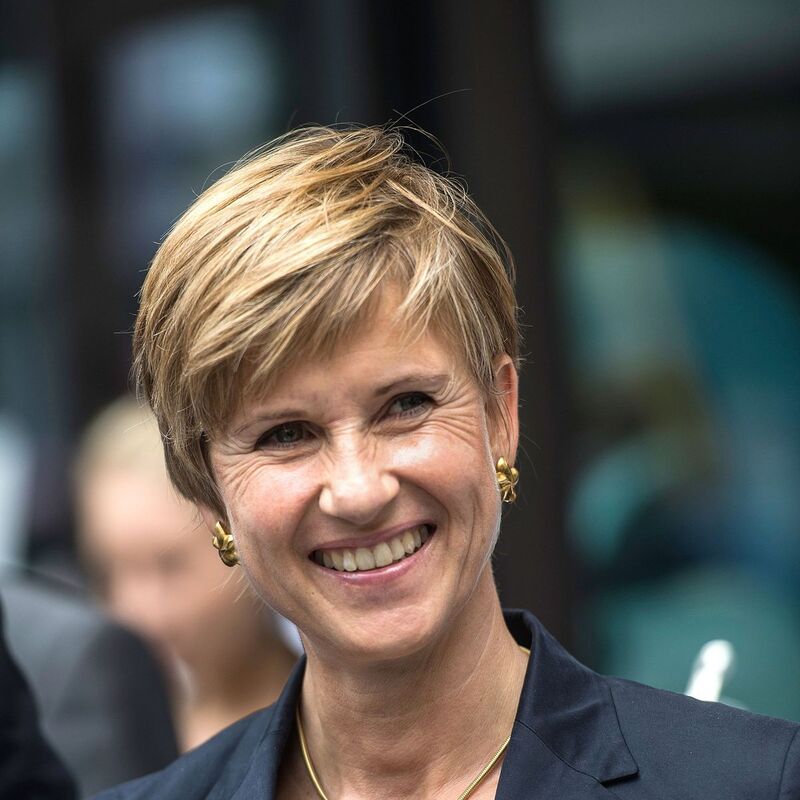
Net worth: $21 billion.
Country: Germany.
Susanne Klatten is Germany’s richest woman and one of the most powerful individuals in the global economy. She inherited considerable holdings in two big companies: Altana AG, a pharmaceutical and chemical firm, and BMW, a well-known automotive manufacturer. Klatten controls 50.1% of Altana, which she has helped grow into a worldwide leader in specialized chemicals. She also has a 12.5% share in BMW and actively participates in the company’s strategic choices.
Klatten is well-known for her love of outdoor sports and her commercial ability. She is a passionate skier and golfer who routinely visits Europe’s most luxurious resorts. Despite her enormous riches, Klatten is renowned for her solitude and caution, typically remaining out of the spotlight. Her investments and charity initiatives, however, demonstrate her dedication to innovation and social responsibility.
Giovanni Ferrero, The Confectionery King
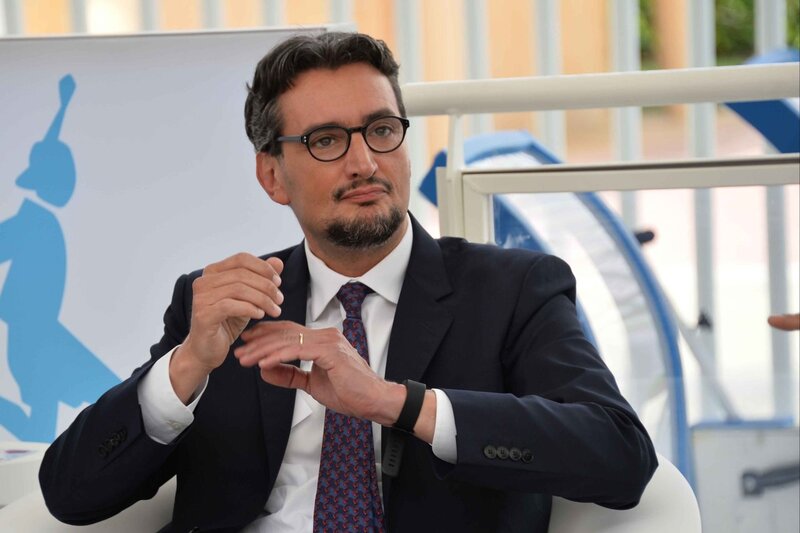
Networth: $22.4 billion.
Country: Italy.
Giovanni Ferrero is the genius of one of the world’s most popular candy brands. Giovanni Ferrero, the CEO of Ferrero SpA, the firm behind Nutella, Ferrero Rocher, Kinder, and Tic Tac, has carried on his father’s heritage. Under his leadership, Ferrero has grown its worldwide presence by purchasing many other confectionary companies and established itself as an industry leader.
Ferrero’s personal life is as luxurious as his chocolate business. He lives in a beautiful home in Monte Carlo, which is a sanctuary for the world’s wealthy. Known for his low-key manner, Ferrero prioritizes innovation and sustainability within his firm, ensuring that Ferrero goods keep their legendary position while simultaneously responding to evolving customer expectations. His wealth and influence position him as a key player in the global food sector.
Francois Pinault, the art collector and luxury goods titan.

Net worth: $35 billion.
Country: France.
Francois Pinault is a well-known art collector and a titan in the luxury goods market. As the creator of Kering, a worldwide firm that owns prominent labels such as Gucci, Yves Saint Laurent, and Balenciaga, Pinault has had a significant impact on the luxury fashion market. Kering’s success reflects Pinault’s financial understanding and ability to foresee and capitalize on global fashion and luxury trends.
Aside from his economic empire, Pinault is a famous art collector. He has a collection of over 2,000 works by some of the most prominent painters of the twentieth and twenty-first centuries. His collection is held in several institutions and private galleries, demonstrating his profound love for modern art. Pinault’s influence goes well beyond business, as he continues to affect the worldwide art scene via his keen taste and dedication to cultural preservation.
Amancio Ortega, The Retail Giant
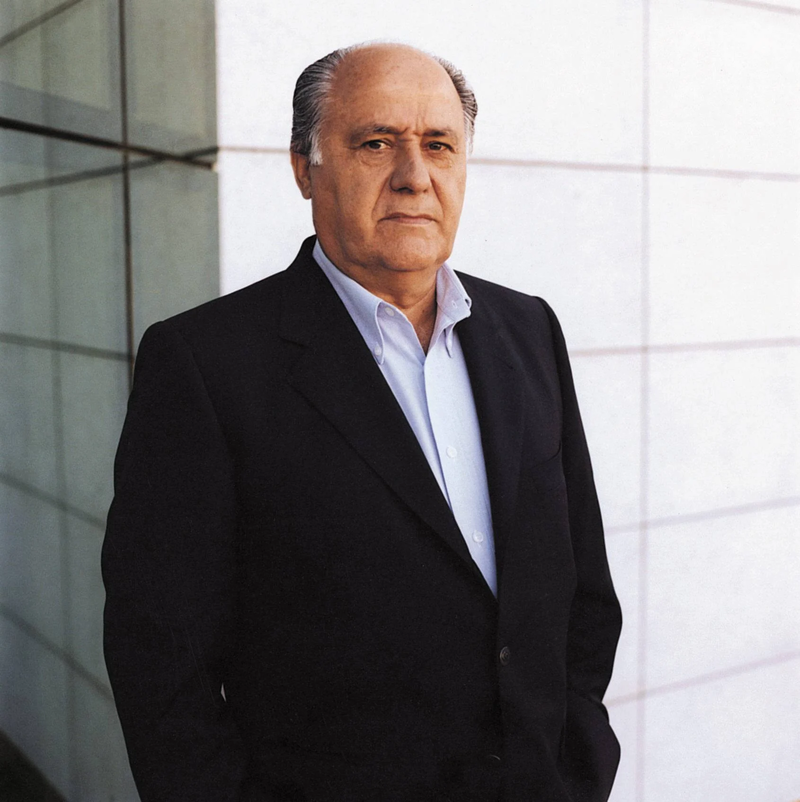
Networth: $61.8 billion.
Country: Spain.
Amancio Ortega founded Inditex, which owns Zara and numerous other well-known brands such as Massimo Dutti, Pull&Bear, and Stradivarius. Ortega’s revolutionary retail strategy has transformed the fashion business, notably Zara’s quick manufacturing and distribution model, which allows for a regular refresh of designs. Zara’s “fast fashion” philosophy has helped it become one of the world’s most successful and lucrative apparel businesses.
Ortega is not just a business giant but also one of the world’s richest people. He has a massive real estate portfolio that includes prominent homes in major cities such as New York, London, and Madrid. Despite his great riches, Ortega keeps a modest public profile, typically avoiding media attention. His emphasis remains on Inditex’s ongoing development and expansion, cementing his position as a retail titan.
Bernard Arnault, the Luxury Emperor
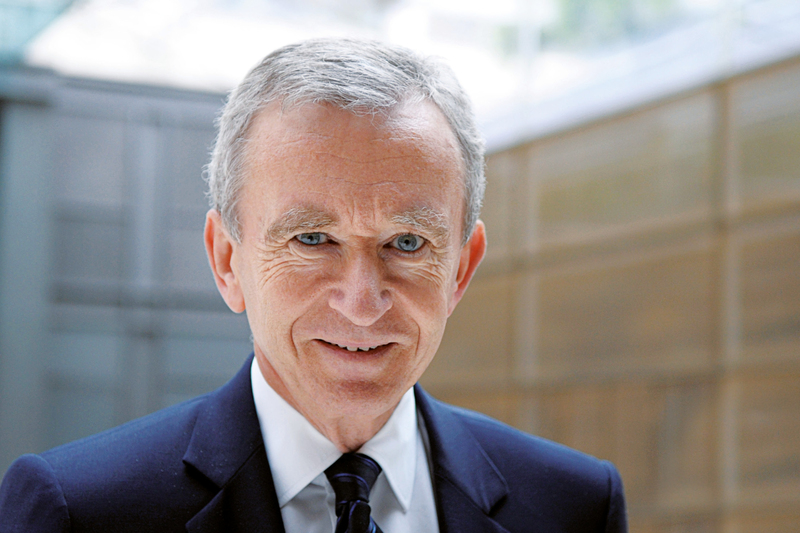
Net worth: $158 billion.
Country: France.
Bernard Arnault is the chairman and CEO of LVMH (Moët Hennessy Louis Vuitton), the world’s biggest luxury goods firm. Under his tenure, LVMH expanded to include more than 70 iconic brands, including Louis Vuitton, Dior, Fendi, and Dom Pérignon. Arnault’s strong eye for luxury and savvy purchases have earned him one of the world’s wealthiest people, as well as the richest man in France.
Arnault’s impact is not limited to business; he is also a notable player in the art world, having made large investments in modern art. His family charity, the Louis Vuitton charity, promotes the arts and culture, solidifying his reputation as a benefactor. Despite his massive empire, Arnault is still heavily engaged in the day-to-day operations of LVMH, ensuring that each brand under its cover retains its tradition and uniqueness.
Stefan Quandt, the BMW Heir
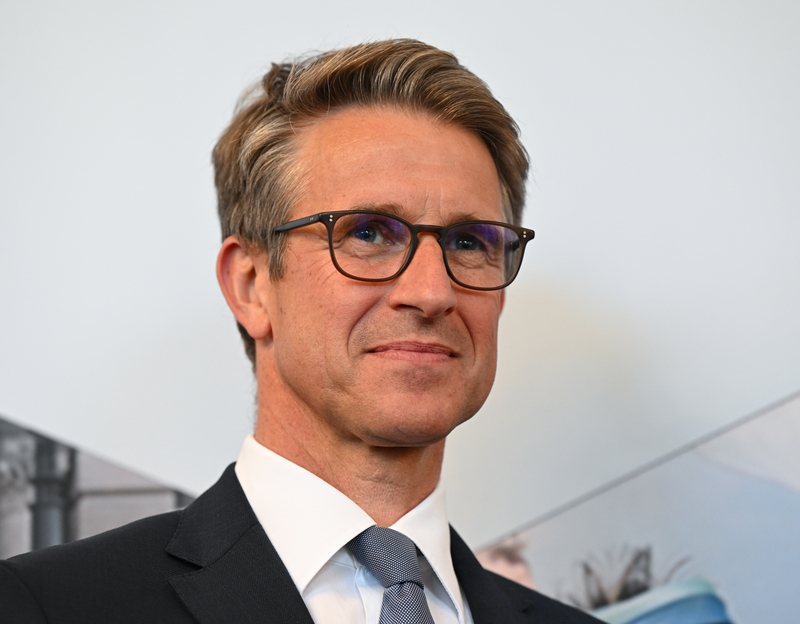
Networth: $21.6 billion.
Country: Germany.
Stefan Quandt is a prominent successor to the BMW empire, with a 23.6% interest in the premium automaker. His father, Herbert Quandt, is credited for rescuing BMW from bankruptcy in the 1960s, and Stefan has continued to carry on the family history. Aside from BMW, Quandt has a diversified business portfolio that includes stakes in healthcare, logistics, and energy, which contributes to his fortune.
Quandt is well-known for his withdrawn demeanour, and he often avoids the spotlight. He leads a somewhat secluded life in Germany, focusing on his business interests and charities. Despite his riches, Quandt is dedicated to preserving BMW’s reputation for quality and innovation, safeguarding the company’s position at the forefront of the automotive industry.
Dieter Schwarz, The Discount King
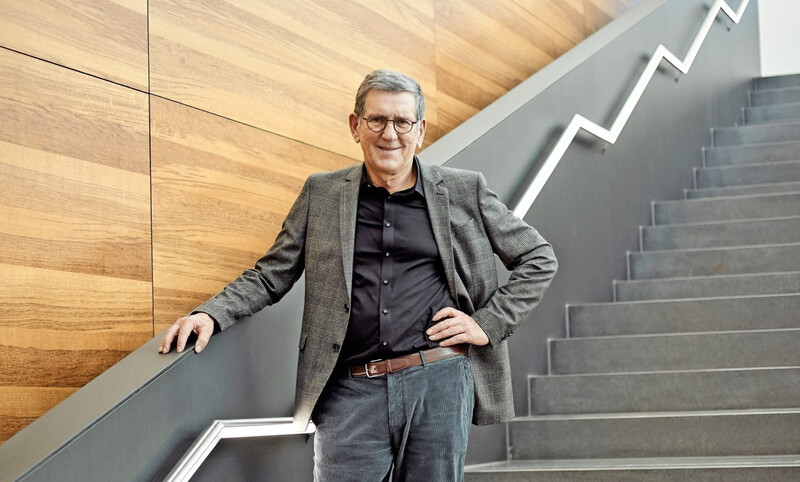
Net worth: $42 billion.
Country: Germany.
Dieter Schwarz owns the Schwarz Group, which manages two of Europe’s biggest grocery businesses, Lidl and Kaufland. Schwarz, known for his frugality and commercial savvy, helped convert Lidl from a tiny grocery shop into a major cheap supermarket company with hundreds of outlets worldwide. His company concept is based on offering high-quality items at reasonable rates, which has resonated with customers across Europe and beyond.
Schwarz has enormous power in the retail business, yet he remains a mysterious character, seldom appearing in public or giving interviews. His dedication to secrecy rivals his dedication to commerce, making him one of the world’s most interesting billionaires. Despite his modest profile, Schwarz has had a significant effect on the retail business, and his enterprises continue to develop and spread throughout the world.
Beate Heister and Karl Albrecht, Jr.: The Aldi Heirs
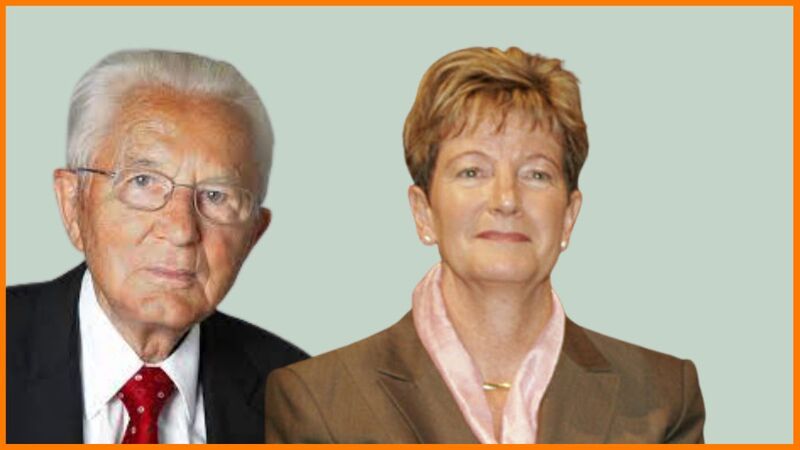
Net worth: $34.2 billion.
Country: Germany.
Beate Heister and Karl Albrecht Jr. are the heirs to the Aldi business, which is one of the world’s greatest discount grocery companies. Their father, Karl Albrecht Sr., founded Aldi, which transformed the retail business with its no-frills, low-cost approach to food shopping. Today, the brothers own Aldi Süd, which has hundreds of shops in Europe, the United States, and other locations.
Despite their vast fortune, Heister and Albrecht Jr. keep a low public presence. They are renowned for their seclusion and are seldom featured in the media. Their primary emphasis remains on the company, guaranteeing Aldi’s continuous success and expansion. The company’s growth under its leadership has been characterized by strategic moves that have kept Aldi competitive in the worldwide market, notably in the extremely competitive United States market.
The brothers’ rigorous approach to business and dedication to their father’s vision have cemented their place not just as heirs but also as major characters in the heritage and expansion of one of the world’s most successful retail businesses.
Klaus Michael Kuehne
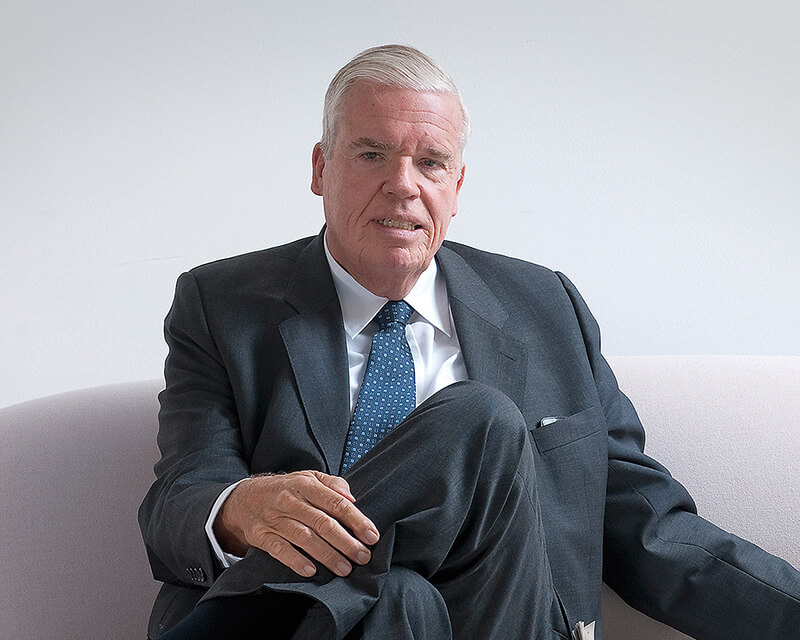
Net worth: $39.2 billion.
Country: Germany.
Klaus-Michael Kuehne is the principal shareholder of Kuehne + Nagel, a multinational logistics and freight forwarding firm. Under his leadership, the business has grown into over 100 countries, making it one of the world’s biggest logistics organizations. Kuehne’s success in logistics and transportation is due to smart investments and a thorough grasp of global trade dynamics.
Kuehne also has a strong position in real estate and shipping. His interests include large stakes in the Hamburg Port Authority and the luxury home sector. Despite his tremendous riches, Kuehne maintains a rather modest lifestyle and prefers to keep out of the spotlight.
Johanna Quandt
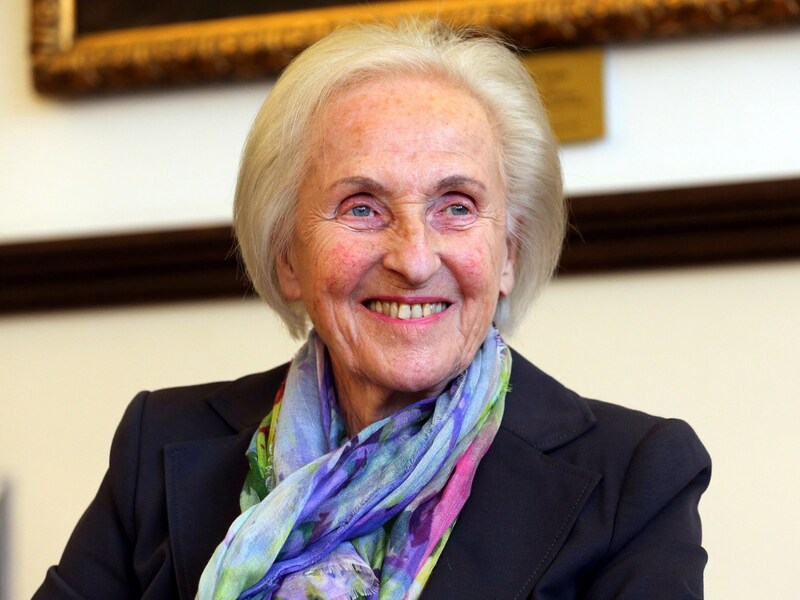
Net worth: $24.6 billion.
Country: Germany.
Johanna Quandt, the widow of former BMW chairman Herbert Quandt, has a major share in the BMW Group, making her one of Germany’s richest persons. The Quandt family has been instrumental in BMW’s prosperity, with their shares producing significant profits. Johanna Quandt has also been recognized for her humanitarian work, notably in education and health.
Her impact goes beyond her immediate commercial interests. Her family’s foundation has supported a variety of cultural and social initiatives, reaffirming her dedication to giving back to society. Johanna Quandt’s legacy is a combination of commercial acumen and charity, emphasizing her involvement in both the corporate and nonprofit sectors.
Stefan Persson
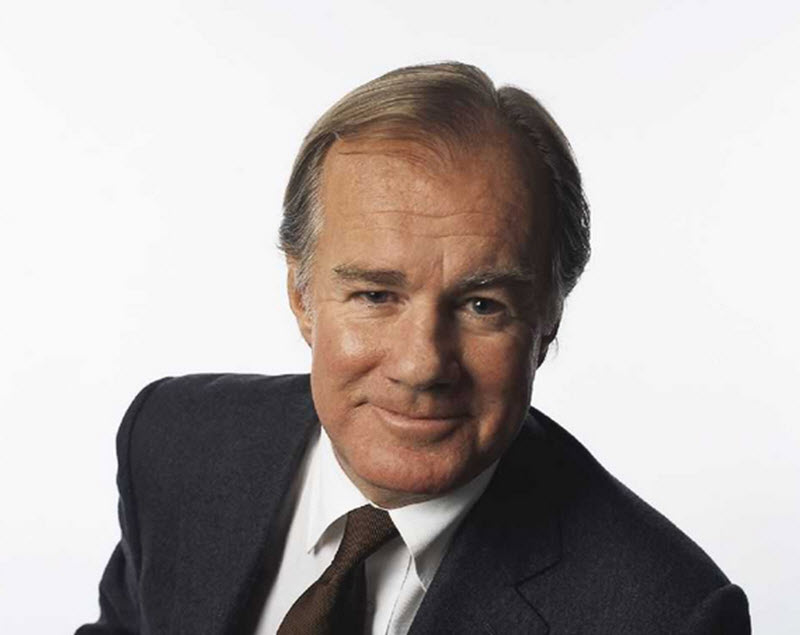
Networth: $21.8 billion.
Country: Sweden.
Stefan Persson is the chairman of H&M, a multinational fashion shop that changed the market by offering inexpensive and contemporary apparel. Under Persson’s leadership, H&M swiftly grew throughout the world, becoming a household brand in the fashion industry. His strategic vision has been critical to sustaining the company’s competitive advantage.
Persson’s fortune is mostly derived from his sizable stake in H&M, although he has also made investments in real estate and technology. His retail and financial expertise solidifies his position as one of Europe’s top billionaires.
Heinrich Weiss
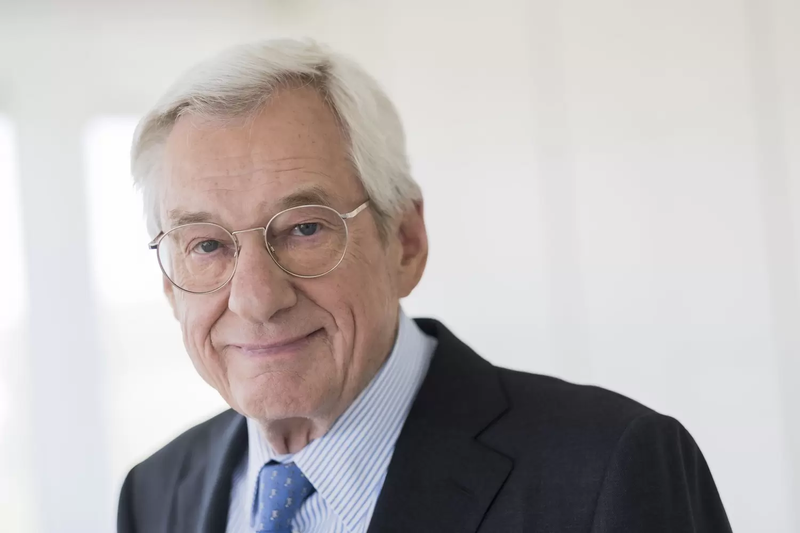
Net worth: $18.5 billion.
Country: Germany.
Heinrich Weiss is the chairman of Schaeffler Group, a multinational maker of automotive and industrial components. His father created the firm, which has since evolved to be a key player in the automotive supply market. Weiss’ strategic leadership has helped Schaeffler develop its worldwide reach.
Under his leadership, the Schaeffler Group made major investments in technology and innovation, notably in the automobile industry. Weiss’ leadership approach emphasizes expansion via technical improvements and smart acquisitions, keeping Schaeffler at the forefront of industry changes.
Luca Cordero Di Montezemolo
Networth: $16.2 billion.
Country: Italy.
Luca Cordero di Montezemolo is most recognized for his leadership positions at Ferrari and Fiat, where he played a critical role in restructuring both firms. Montezemolo, Ferrari’s previous chairman, played a key role in strengthening the brand’s worldwide image for luxury and performance. His time at Fiat also included extensive reorganization and strategic planning.
Montezemolo’s assets span many industries, including hospitality and real estate. His influence in the automobile sector and beyond demonstrates his wide-ranging effect on European business and culture.
Conclusion
Examining the lives and fortunes of Europe’s biggest billionaires reveals that their impact goes well beyond financial achievement. These people not only have considerable fortune, but they also play important roles in influencing industries, economies, and even civilizations. From luxury goods and fashion to logistics and real estate, their investments and decisions have a global impact, influencing trends and driving innovation. Their lifestyles and business strategies provide valuable insights into the nature of modern wealth and its associated responsibilities.
Furthermore, the luxury and strategic foresight displayed by these billionaires demonstrate the intersection of tradition and modernity. Whether they’ve inherited family businesses or built empires from the ground up, their stories demonstrate both enduring legacies and dynamic entrepreneurship. Their ability to adapt to changing market conditions while maintaining their core values and vision is critical to their long-term success. Each billionaire’s path exemplifies a distinct combination of personal ambition and strategic aptitude, illustrating that wealth in today’s world is as much about impact and legacy as it is about money.
As the global economy evolves, the position of these European billionaires will definitely remain important. Their contributions not only fuel economic progress but also impact social and cultural trends, making their tales critical for comprehending current world events. These people’s riches and power serve as a reminder that the effect of financial success goes well beyond personal benefit, impacting the world in deep and long-lasting ways.
Frequently Asked Questions.
1. Who are Europe’s richest billionaires?
Bernard Arnault, Amancio Ortega, and Klaus-Michael Kuehne are among Europe’s richest billionaires. Each has achieved substantial financial success in various fields, such as luxury goods, fashion, and logistics.
2. How do European millionaires keep their wealth?
European billionaires generally maintain their fortunes through smart investments, diversification, and a concentration on areas with significant development potential. Many also have a history of successful entrepreneurial initiatives and creative approaches to their industry.
3. What industries are most represented among Europe’s billionaires?
The most represented sectors among Europe’s billionaires are luxury goods, fashion, real estate, and banking. These areas have proved to be very profitable and provide great prospects for wealth building.
4. How do European millionaires impact global markets?
European billionaires affect worldwide markets through their business choices, investments, and ownership of key enterprises. Their strategic decisions may create trends, stimulate innovation, and affect economies worldwide.

